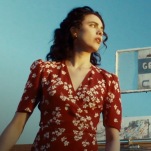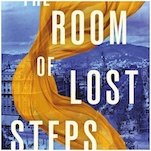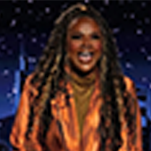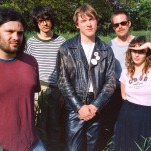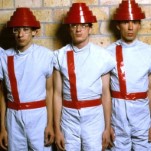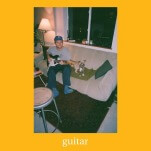Lorde: The Best of What’s Next
Ella Yelich-O’Connor—aka Lorde—is, in a word, intense. This applies to every facet of the aspiring pop marvel’s being, whether we’re talking about her album, the timbre of her voice or her stage presence. It’s a fitting description for her impermeable gaze that stops you dead in your tracks and draws you in like a tractor beam, regardless as to whether you’re watching her from your computer screen or the back row of her concert. It refers to the scowls, winces, elated grins and downcast glances she throws when she’s behind the microphone, be it in the comfort of a studio or before a slack-jawed crowd in a nightclub. It accurately sums up the gravity of her lyrics, in that Lorde—who’s only 16 years old—touches on depths of love and loss that those who’ve lived a life full of each can’t articulate in such an engaging manner.
In short, Lorde cultivates intensity, and at this point in her career, where she’s on the cusp of her major label debut and a handful of international dates to support it, it’s clear that the depth, the dramatic pauses, the literary dirges and the refusal to become a cog in the pop music machine is working.
If you need a visual that wraps her up in a striking snapshot, look no further than the video for “Tennis Court,” the first single off her debut full-length, Pure Heroine, which drops via Universal on Sept. 30. In it, Lorde, clad in a black fishnet top, braids Heidi would be jealous of and varnished lips, is the only instrument, the only presence and the solitary conduit for her voice and vision. “Tennis Court,” a lush ode to young love set to warm synths and the kind of beat that wouldn’t be out of place on a videogame soundtrack, is a shy smile of a single—one that gives off the impression that she wrote it with the door locked in her bedroom with her headphones on. She didn’t—most of Pure Heroine and her incendiary EP before it, The Love Club, were composed and subsequently and tackled in the studio alongside producer Joel Little, though she did write a song or two in bed or on the train—but that pure, confessionary vibe remains, and speaks to her adopting the studio as her new abode of sorts.
?“The studio is where I can be creative,” she says over the phone as she packs for tour in Auckland. “I feel more vulnerable onstage. I’m not a super confident person; I’m not quite a superstar onstage. The studio is kind of my sanctuary, where anything is possible and I can try out anything and no one will laugh at you.”
-

-

-

-

-

-

-

-

-

-

-

-

-

-

-

-

-

-

-

-

-

-

-

-

-

-

-

-

-

-

-

-

-

-

-

-

-

-

-

-


